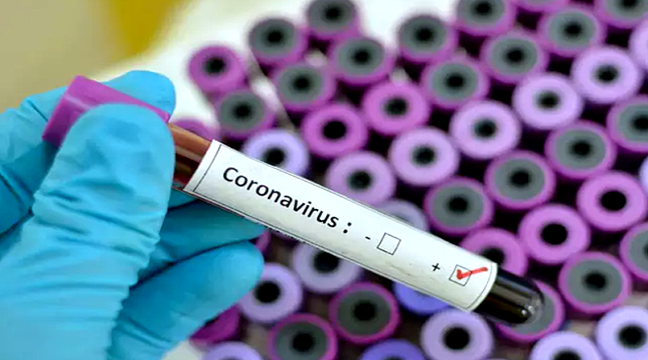Sambalpur: A study jointly conducted by four researchers from Veer Surendra Sai Institute of Medical Sciences and Research (VIMSAR) at Burla in Sambalpur district and another researcher from Regional Medical Research Centre (RMRC), Bhubaneswar, has revealed that people with blood group ‘O+’ and blood group ‘B+’ are more susceptible to Covid-19 infection even after two doses of vaccination.
Moreover, the team also found a substantial drop in antibody level six months after the vaccination, causing risk to re-infection and they have suggested a booster dose.
The five researchers, who studied the antibody kinetics following Covishield vaccination six months after the second dose and the factors affecting the kinetics, are Dr Sanjeeb Kumar Mishra, Dr Subrat Kumar Pradhan, Dr Rajiv Kumar Nanda and Dr Sumanta Sahu from VIMSAR and Dr Sanghamitra Pati from RMRC, Bhubaneswar.
The study included 122 participants. Two doses of the vaccine were administered with a gap of 28 to 30 days between doses. Blood samples were collected in three rounds for the test.
While the first round blood sample was collected one month after the first dose, second round was collected one month after the second dose and the third six months after the second dose. Principal author of the study, Dr Sanjeeb Mishra, said, it was found that 99.2% of participants achieved seroconversion after the second dose.
Out of 122 participants, 11 did not seroconvert one month after the first dose. However, one did not seroconvert even after the second dose. Seven participants showed seroreversion six months after the second dose.
“Our study found that the seroreversion cases had either B+ or O+ blood groups,” he said. Mishra further said, “Our study also demonstrated the effectiveness of Covishield in achieving seroconversion one month after the second dose.
Most patients showed substantial waning in antibody level from round 2 to round 3. Cases of seroreversion and breakthrough are a concern requiring further evidence for a booster dose for high-risk health professionals,” he added.
PNN






